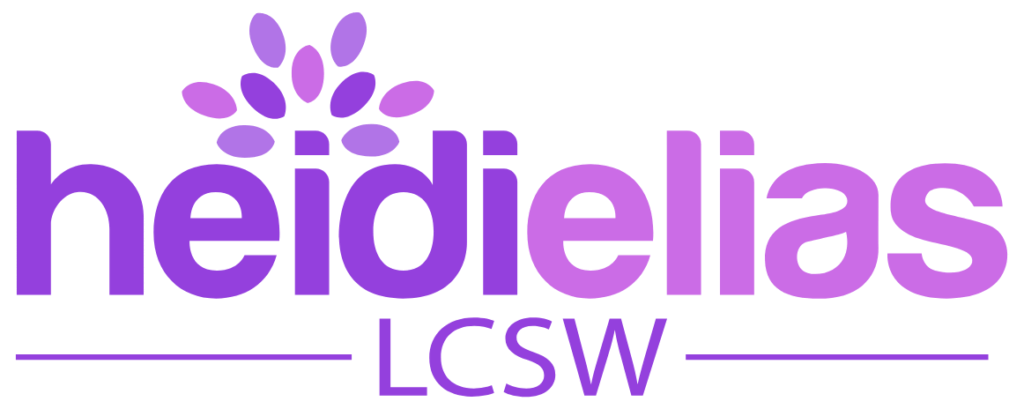The Empowerment Toolbox is designed to support you in building emotional strength and flexibility, so you can respond to life’s challenges with increased confidence and calm. Resilience is not about avoiding stress, but rather about developing the internal resources to recover and adapt effectively.
These Empowerment Tools are intended to help you manage symptoms in the short term and create stability as you heal, while we explore the deeper roots of your trauma.
Each tool included here has been carefully selected and refined from both personal experience and professional training. They are meant to provide immediate relief and, when practiced consistently, to support long-term emotional regulation, and well-being.
The empowerment techniques are practical, accessible, and adaptable to your needs. Whether you are feeling overwhelmed, anxious, or emotionally reactive, these practices can help you slow down, regain control, and reconnect with a sense of safety.




